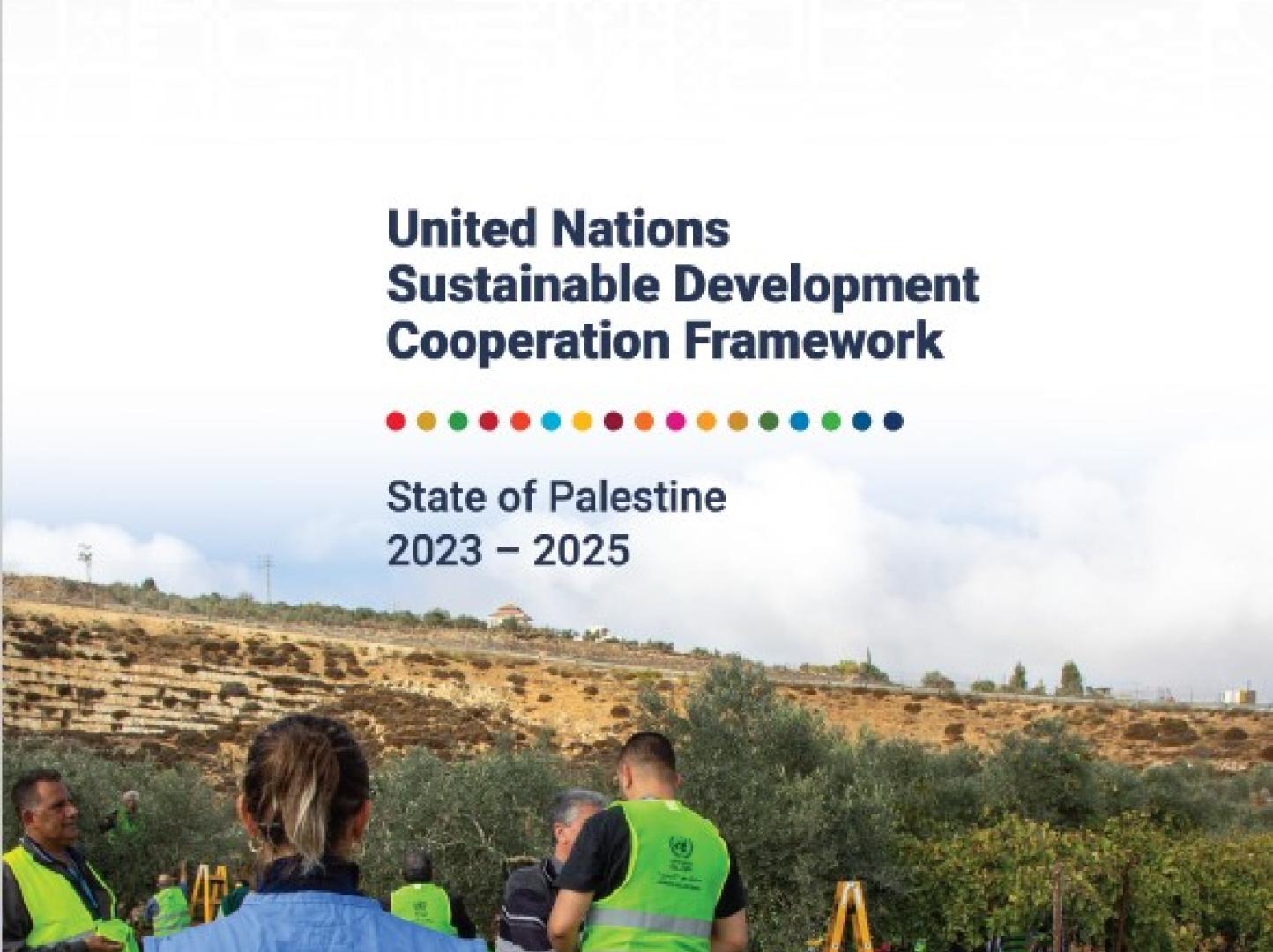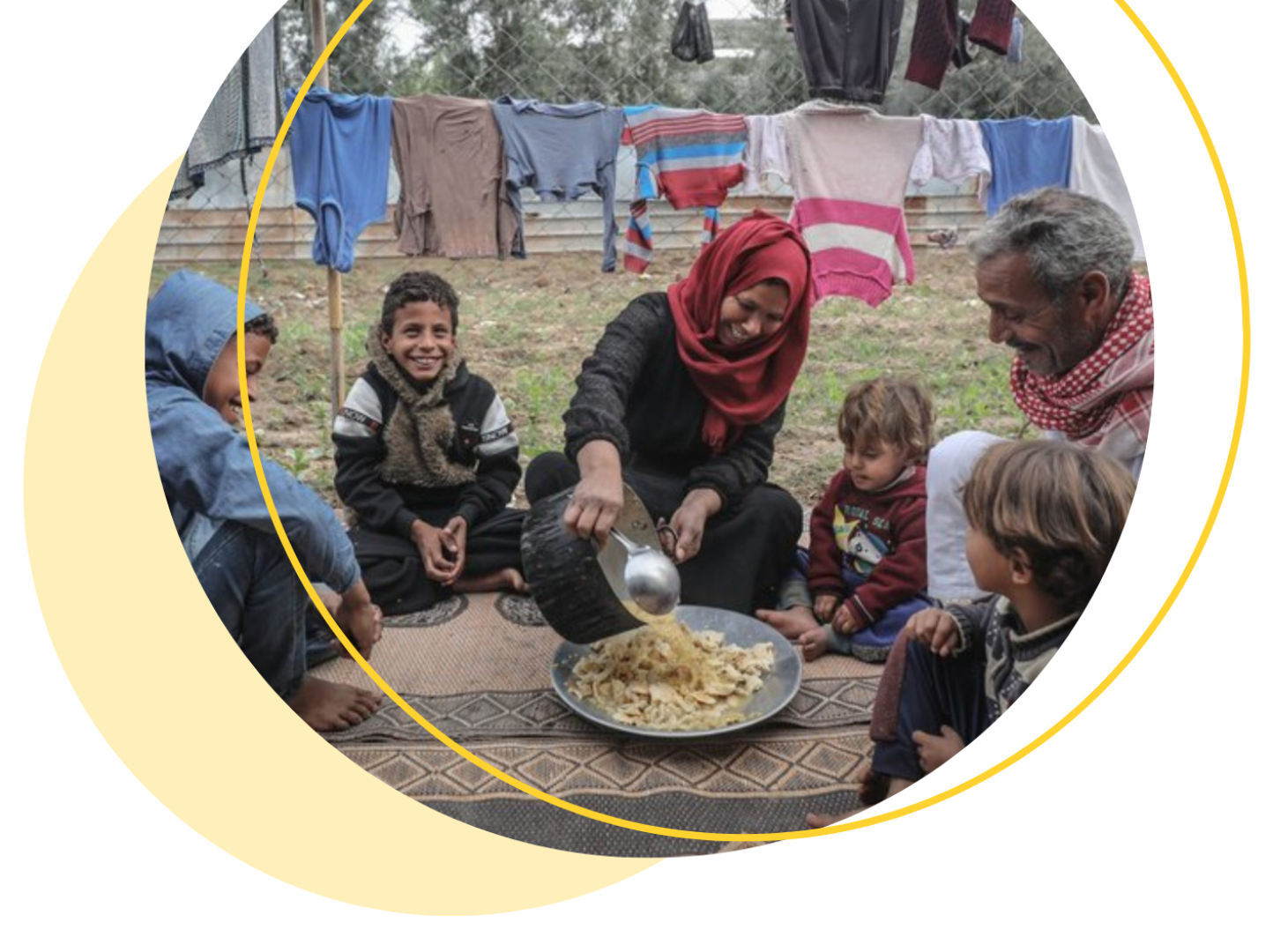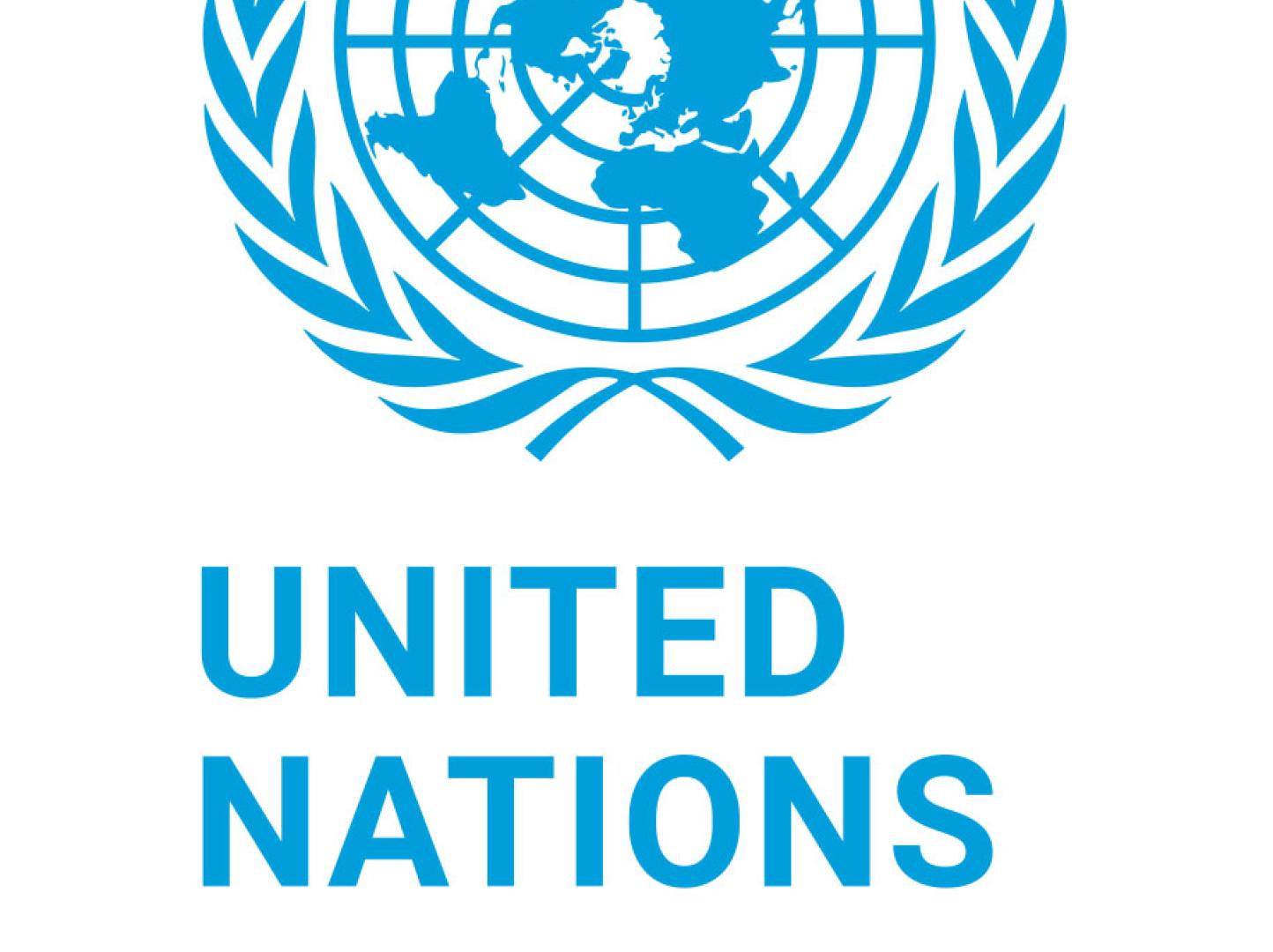Context analysis for the country programming framework for Palestine 2018−2022
The FAO Country Programming Framework (CPF) is a planning and management tool which outlines how FAO can best assist a country in meeting its development priorities, setting out jointly-agreed, medium-term priorities for Government-FAO collaboration. In mid-2016 the FAO WBGS Office started the process of developing the CPF for Palestine. In order to shape this document, the Palestine Context Analysis was produced to collect and critically analyze the required background information/data to develop the theory of change, supporting the CPF design and implementation. A participatory approach was used throughout the second half of 2016 and early 2017, aiming to achieve a common understanding among all stakeholders involved with the issues to be addressed by the CPF. The meetings, interviews and participatory discussions with all relevant stakeholders made the achievement of consensus possible around FAO’s view on how to address the issues. The Palestine Context Analysis shapes the FAO Country Programming Framework for Palestine (2018-2022) which is fully aligned with FAO’s Global Strategic Framework and the FAO Regional Priorities outlined in the three Regional Initiatives for the Near East and North Africa Region: (i) Water Scarcity, (ii) Building Resilience for Food Security and Nutrition, and (iii) Small-scale Family Farming for Inclusive Development. The Palestine Context Analysis (CA) defines the Theory of Change, illustrating the changes that FAO will aim at introducing through the FAO Country Programming Framework for Palestine (2018-2022). The CA was done using a participatory approach in order to achieve a common understanding among all involved stakeholders of the issues.





